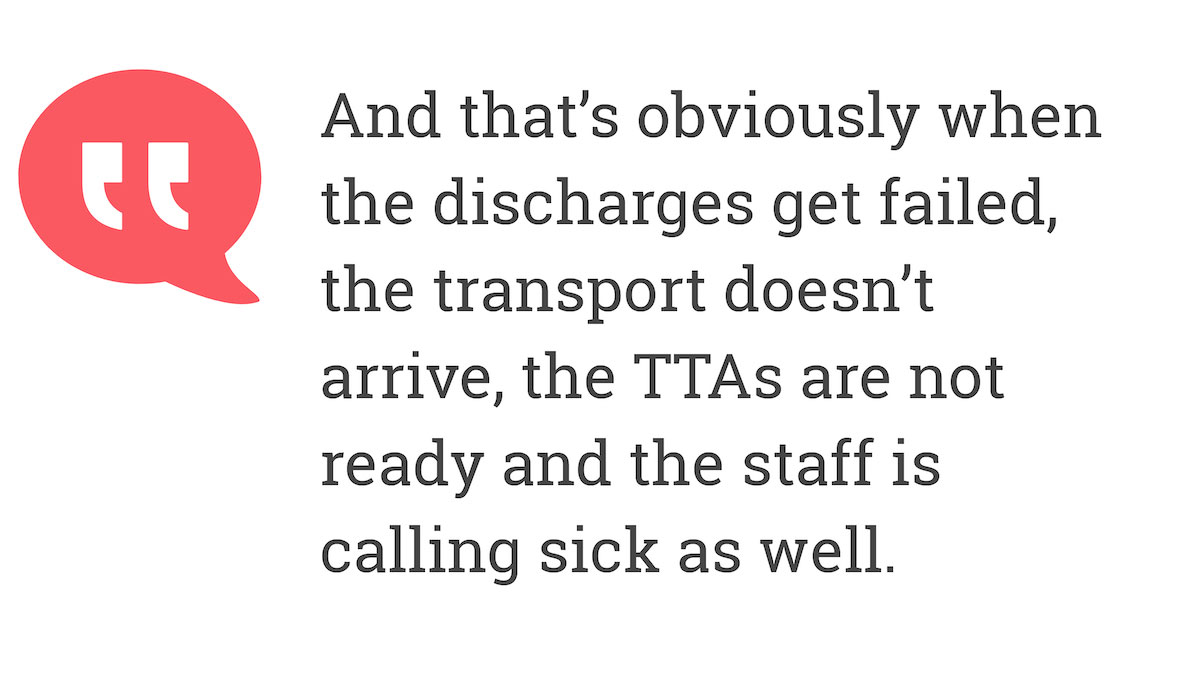Band 7 Bed Manager, Laura Pueyo, explains her role as Haematology Bed Manager in one of the UK’s Largest hospitals, outlining key challenges and what makes the role so rewarding.
Topics covered in this article
What Are The Main Challenges Of Being A Bed Manager?
How Do We Deal With These Challenges?
Working Well With Other Departments Is Essential
Imposing A Discharge Is A Last Resort
What Skills Are Needed To Be A Bed Manager?
A Day In The Life Of A Bed Manager
Being A Bed Manager Is Challenging, But Very Rewarding
Introduction
Hi guys! My name is Laura, I am the Haematology Bed Manager in one of the largest hospitals in the UK.
My hospital has 950 beds so, imagine for a second how hard is to coordinate the patient movements in such a big hospital, in that process the Bed Managers are key workers.









About this contributor
Band 7 NHS Nurse
I am a dedicated nurse with 10 years of experience in the healthcare field, having worked both in the UK and Spain. I have spent several years as a Band 7 nurse in the NHS, where I developed advanced clinical and leadership skills. In addition to my nursing experience, I hold a Master's degree in Healthcare Management.
More by this contributorWant to get involved in the discussion?
Log In Subscribe to comment